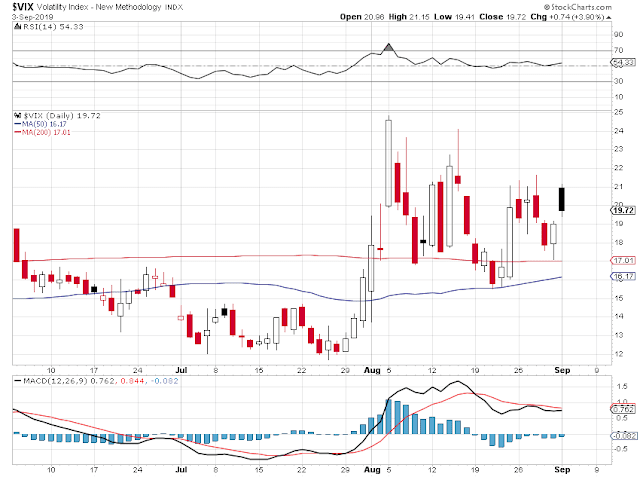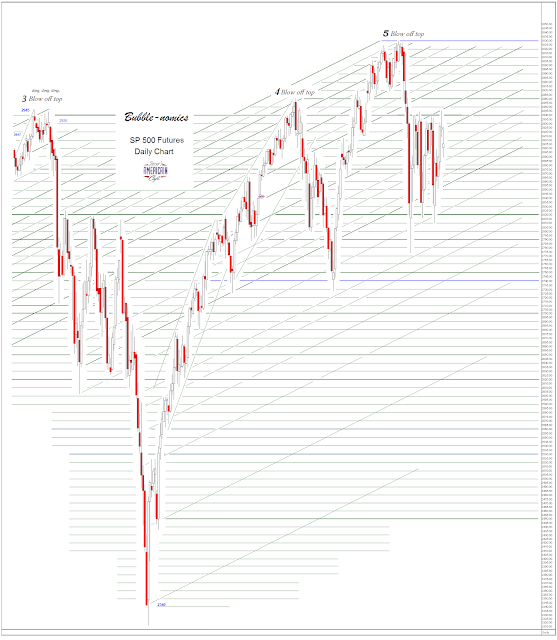"U.S. prosecutors took an unusually aggressive turn in their investigation of price fixing at JPMorgan Chase & Co., describing its precious metals trading desk as a criminal enterprise operating inside the bank for nearly a decade.
The prosecutors charged the head of JPMorgan’s global precious metals trading operation and two others on Monday, accusing them of “conspiracy to conduct the affairs of an enterprise involved in interstate or foreign commerce through a pattern of racketeering activity.”
Tom Schoenberg and David Voreacos, JPMorgan’s Metals Desk Was a Criminal Enterprise
"From the very beginning of the year to the last two days of 2013, JPMorgan has dominated and controlled the price of silver and gold.
JPMorgan’s short market corners at the start of 2013 amounted to a 21% net share of the entire COMEX gold futures market (minus spreads) and an astounding (but typical) 35% of the entire COMEX silver market. No single entity had ever held such outsized and anti-competitive shares of any important regulated futures market. It is unreasonable not to associate such extreme market corners with what followed in price."
Ted Butler, 3 January 2014
"Holder doubtless seriously believed at first that in a time of financial crisis, he was doing the right thing in constructing new forms of justice for banks, where nobody but the shareholders actually had to pay for crime. You've heard of victimless crimes; Holder created the victimless punishment.
But in the end, it was pretty convenient, wasn't it, that 'the right thing' also happened to be the strategy that preserved Democratic Party relationships with big-dollar donors, kept the client base at Holder's old firm nice and fat, made the influential rich immeasurably richer and allowed Eric Holder himself to crash-land into a giant pile of money upon resignation. What a coincidence!"
Matt Taibbi, Eric Holder, Wall Street Double Agent
"Und der Haifisch, der hat Zähne
und die trägt er im Gesicht
und Macheath, der hat ein Messer
doch das Messer sieht man nicht."
Berthold Brecht, Die Moritat von Mackie Messer, 1928
Today was more 'risk off' than the major stock indices might have demonstrated.
Both the Dollar the the precious metals rose.
 Oil was substantially higher on the attack on the Saudi oil fields that is being blamed on the Yemen Houthi, and by association and supply of weapons, Iran.
Oil was substantially higher on the attack on the Saudi oil fields that is being blamed on the Yemen Houthi, and by association and supply of weapons, Iran.The US announced that three traders at JPM were being charged with criminal manipulation of the precious metals markets.
Indeed, the prosecutors used racketeering and criminal enterprise language that suggested the possible application of RICO statute to the Bank.
Let's see if anything genuine comes of this. It has not done so in the past.
And the usual stiffs and hacks will say that this is just a few traders gaming some deals. Nothing to see here. Move along. We like things the way they are.
After all we have seen in so many markets, how anyone can just dismiss this as just a few bad apples seems to be almost incredible.
They have no good judgement and no shame. They have blinded themselves with their egos, their greed, and the love of the familiar favor of corruption. It is best to see things as they are and judge accordingly.
It is important to note that this criminal activity occurred over a long period of time, during the Obama Administration.
Eric Holder and Gary Gensler had an awful, chronically negligent, and inexcusable track record of upholding the law when it came to the Banks, and with their friends and donors on Wall Street.
The Fed, that other chronically negligent and shockingly conflicted and compromised regulatory body will announce their rate decision on Wednesday. The Fed is expected to cut 25 bps.
We will see the September stock market option expiration on Friday.
The revelations are just beginning. There is so much more.
Have a pleasant evening.




































































